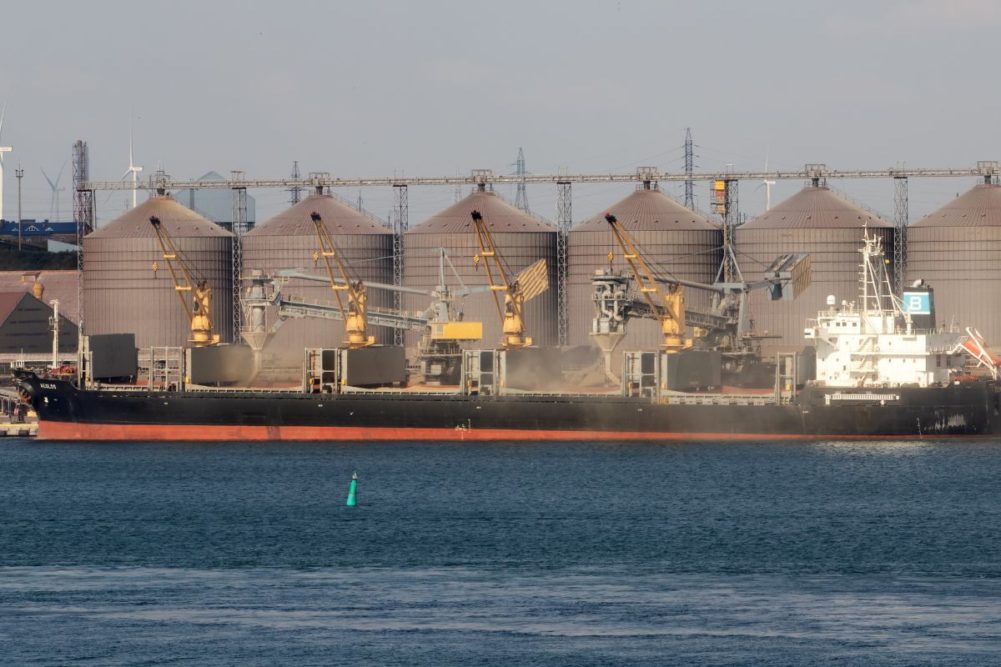ISTANBUL, TURKEY — The clock is winding down on the Black Sea Grain Initiative as negotiators continue to work with Russia and Ukraine, which have been at war since February 2022, to seek a resolution before the May 18 deadline imposed by Russia.
The deal, which was brokered by the United Nations and Turkey last July, has allowed grain to move freely out of Ukraine’s ports following a five-month period after Russia’s invasion in which a blockade restricted shipments in and out of Ukrainian ports.
The last ship participating in the deal left Ukraine on May 17.
The agreement has been extended twice during the past nine months, but Russia has threatened to withdraw from the deal if its list of demands were not met, most notably the lifting of Western economic sanctions that it said has hindered its ability to export fertilizer and other agricultural products.
Ukraine is a major exporter of wheat, corn, sunflower oil and other agricultural commodities. During the period in which its ports were blockaded, grain prices soared to near record highs. Since the grain deal was signed in July, prices have declined significantly although global food insecurity has continued to rise.
“If you have a cancellation of the grain deal again, when we’re already at a pretty tight situation, it’s just one more thing that the world doesn’t need, so the prices could start heading higher,” William Osnato, a senior research analyst at agriculture data and analytics firm Gro Intelligence, told the Associated Press.
The threat of the deal collapsing comes as the global wheat supply is under pressure from various factors, including the Russia-Ukraine war and widespread weather issues. In its initial World Agricultural Supply and Demand Estimates for the 2023-24 wheat crop released last week, the US Department of Agriculture said wheat stocks-to-use among major exporting countries will fall to nearly 14% by mid-2024, below the 10-year average of 16.8%. If realized, it would be the lowest stocks-to-use ratio in 16 years.
More than 25 million tonnes of grain have been shipped from Ukraine since the Black Sea Grain Initiative was signed in July, according to the United Nations. That is still well below the totals during the same period in recent years.
Nikolay Gorbachov, president of the Ukrainian Grain Association, told Reuters on May 16 that the upcoming corn harvest is forecast to fall to 21.1 million tonnes, down from 27.3 million tonnes the previous season due to a lower planted area. He said corn exports are expected to drop to 19 million tonnes in 2023-24, down 30% from an expected 27 million tonnes in 2022-23.
Ukraine’s wheat crop is projected to fall to 17 million tonnes from 20.2 million last year. Of this, 14 million tonnes could be exported in the upcoming season, down from 15.5 million in 2022-23, Gorbachov said.






